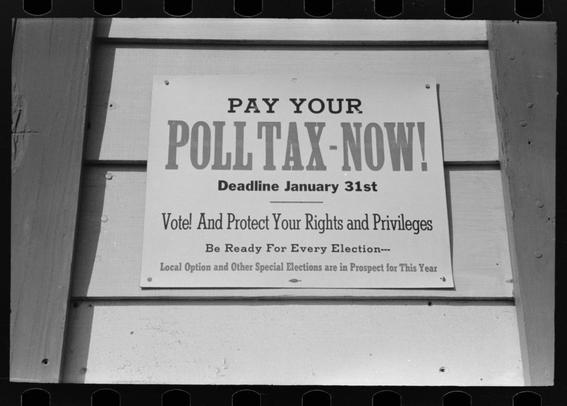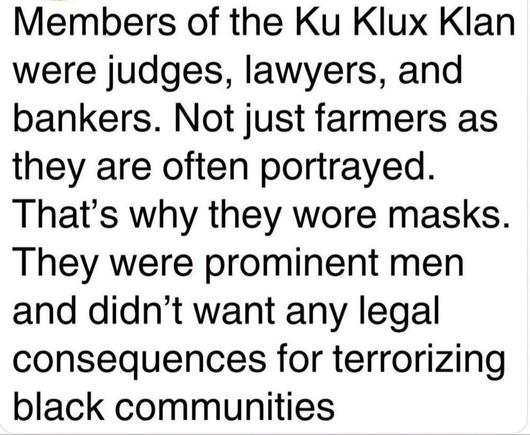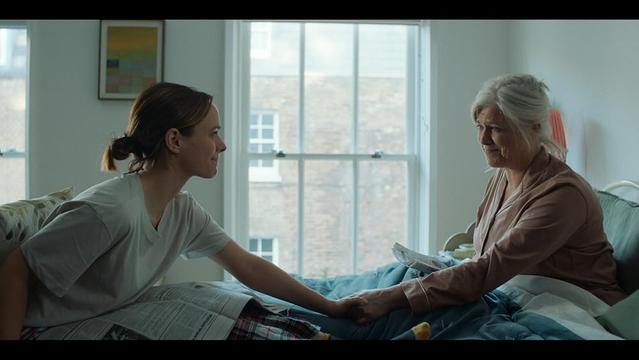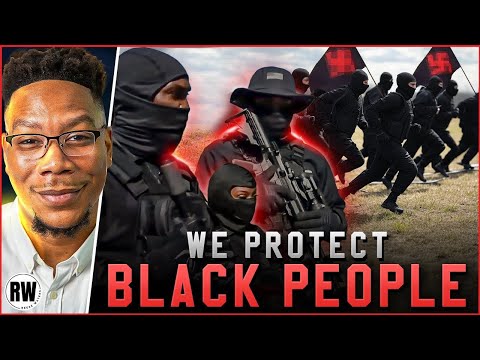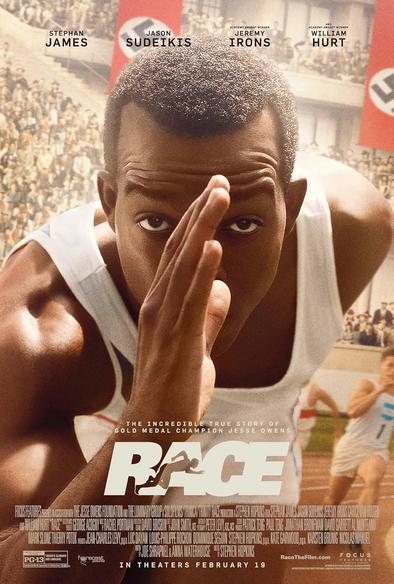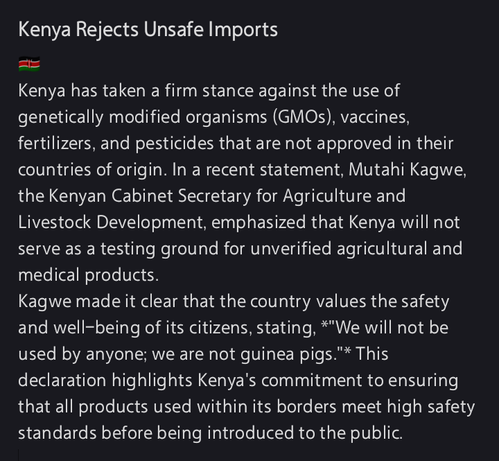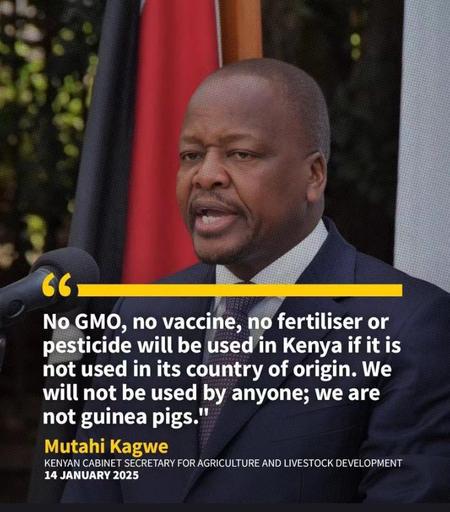What Is A #PollTax? Definition and Examples
By Robert Longley, July 27, 2022
Excerpt: "In the United States, the origin of the poll tax—and the controversy surrounding it—is associated with the agrarian unrest of the 1880s and 1890s, which culminated in the rise of the Populist Party in the Western and the Southern states. The Populists, representing low-income farmers, gave Democrats in these areas the only serious competition that they had experienced since the end of Reconstruction. The competition led both parties to see the need to attract Black citizens back into politics and to compete for their vote. As the Democrats defeated the Populists, they amended their state constitutions or drafted new ones to include various discriminatory disfranchising devices. When the payment of the poll tax was made a prerequisite to voting, impoverished #BlackPeople and often #PoorWhitePeople, unable to afford the tax, were denied the #RightToVote.
"During the post-Civil War Reconstruction Era in the United States, the former states of the Confederacy repurposed the poll tax explicitly to prevent formerly enslaved #BlackAmericans from voting. Although the #14thAmendment and #15thAmendment [s] gave Black men full #citizenship and #VotingRights, the power to determine what constituted a qualified voter was left to the states. Beginning with Mississippi in 1890, #SouthernStates quickly exploited this legal loophole. At its 1890 constitutional convention, Mississippi imposed a $2.00 poll tax and early registration as a requirement for voting. This had catastrophic results for the Black electorate. Whereas approximately 87,000 Black citizens registered to vote in 1869, representing almost 97% of the eligible voting-age population, fewer than 9,000 of them registered to vote after the state’s new constitution took effect in 1892.
"Between 1890 and 1902, all eleven former #Confederate states imposed some form of a poll tax to deter Black Americans from voting. The tax, which ranged from $1 to $2, was prohibitively expensive for most Black sharecroppers, who earned their wages in crops, not currency. Beyond the cost, voter registration and tax payment offices were usually located in public spaces designed to intimidate potential voters, like courthouses and police stations.
"The southern states also enacted #JimCrowLaws intended to reinforce #RacialSegregation and restrict Black voting rights. Along with the poll tax, most of these states also imposed literacy tests, which required potential voters to read and interpret in writing sections of the state constitution. So-called 'grandfather clauses' allowed a person to vote without paying the poll tax or passing the literacy test if their father or grandfather had voted before the abolition of slavery in 1865; a stipulation that automatically precluded all formerly enslaved persons. Together, the grandfather clause and the literacy tests effectively restored voting rights to poorer White voters who could not pay the poll tax, while further suppressing the Black vote.
"Poll taxes of varying stipulations lingered in Southern states well into the 20th century. While some states abolished the tax in the years after World War I, others retained it. Ratified in 1964, the #24thAmendment to the #USConstitution declared the tax unconstitutional in federal elections.
"Specifically, the 24th Amendment states:
'The right of citizens of the United States to vote in any primary or other election for President or Vice President, for electors for President or Vice President, or for Senator or Representative in Congress, shall not be denied or abridged by the United States or any state by reason of failure to pay any poll tax or other tax.'
"President Lyndon B. Johnson called the amendment a 'triumph of liberty over restriction.' 'It is a verification of people's rights, which are rooted so deeply in the mainstream of this nation's history,' he said.
"The #VotingRightsAct of 1965 created significant changes in the voting status of Black Americans throughout the South. The law prohibited the states from using literacy tests and other methods of excluding Black Americans from voting. Before this, only an estimated twenty-three percent of voting-age Black citizens were registered nationally, but by 1969 the number had jumped to sixty-one percent.
"In 1966 the U.S. Supreme Court went beyond the Twenty-fourth Amendment by ruling in the case of Harper v. Virginia Board of Elections that under the equal protection clause of the Fourteenth Amendment, states could not levy a poll tax as a prerequisite for voting in state and local elections. In two months in the spring of 1966, federal courts declared poll tax laws unconstitutional in the last four states that still had them, starting with Texas on February 9. Similar decisions soon followed in Alabama and Virginia. Mississippi's $2.00 poll tax (about $18 today) was the last to fall, declared unconstitutional on April 8, 1966."
https://www.thoughtco.com/poll-tax-definition-and-examples-5443130
#VoterDisenfranchisement #USPol #USHistory #TwentyFourthAmendment #FourteenthAmendment #FifteenthAmendment #VoterRights #LiteracyTests #USElections #VoterSuppression #BlackAmericans
